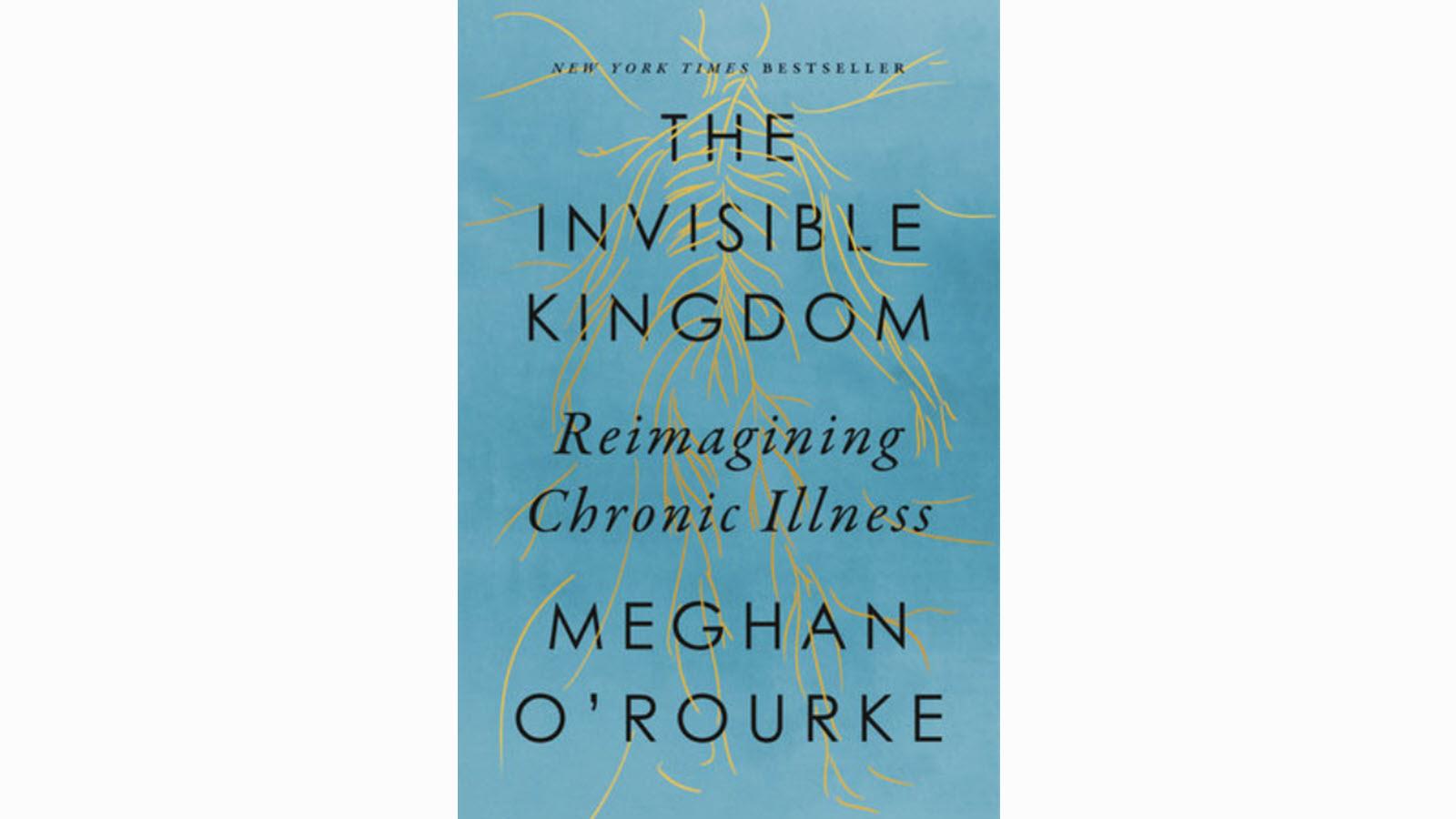New York City therapist Jodi Taub was the right person to review “The Invisible Kingdom: Reimagining Chronic Illness,” recently nominated for a National Book Award in the United States. Taub specializes in the challenges faced by people who live with serious and chronic illness. She herself has a primary immunodeficiency. “The Invisible Kingdom” by Meghan O’Rourke, reports a personal story and takes a wider look at the obstacles for anyone who has a poorly understood or undiagnosed illness.
O’Rourke chronicles years of her own symptoms and chronic pain that eventually received a bundle of diagnoses, including Lyme disease and a thyroid condition. Such patients are sometimes dismissed by doctors when they can’t find the source of the problem, she writes. Should they be hypervigilant and track every symptom and shift? Or should they try to move on, even though their problems continue to flare? She describes “living at the edge of medical knowledge” and dedicates the book “to all those looking for answers.”
Here’s what Taub, a licensed clinical social worker, said after reading the book:
“The Invisible Kingdom” highlights the confusing and often debilitating path of living with invisible chronic illness. O'Rourke brilliantly weaves a personal account of what it's like to live with the unpredictable, and at times, torturous nature of invisible illness. This book identifies the tremendous undertaking of navigating our complex medical system in an individualistic society that is not equipped to manage it.
“The Invisible Kingdom” explainshow these variables can lead to a lack of understanding and unintended hurt. Beginning to talk about this experience in a real and concrete way can lead to greater empathy, realistic expectations and – most importantly – the kind of validation and support that everyone living with an invisible condition deserves.
Learn more about “The Invisible Kingdom.” On her website, O’Rourke invites patients to share their own stories.



